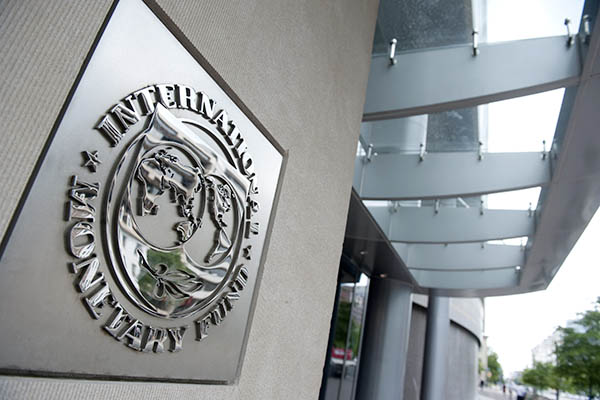
Saul Loeb—AFP
Pakistan’s efforts to revive a suspended $6 billion Extended Fund Facility (EFF) with the International Monetary Fund (IMF) neared fruition on Wednesday, as the global lender acknowledged significant progress in ongoing talks over the proposed budget for fiscal year 2022-23.
“Discussions between the IMF staff and the [Pakistani] authorities on policies to strengthen macroeconomic stability in the coming year continue,” IMF Resident Representative to Pakistan Esther Ruiz told media in a statement, adding that “important progress” had been made in the ongoing talks.
In an interview with Reuters, Finance Minister Miftah Ismail said he expected the IMF to increase the overall quantum of the EFF as well as its total duration—in April, he had claimed that the global lender had agreed to increase the total outlay by $2 billion and extend it for a year through June 2023. However, with no finalized deal as-yet-signed, it is unclear if this aim would be fulfilled. According to Reuters, Ismail admitted that the IMF had not yet committed to any funding increase, but he hoped it would come through as a result of the talks. In an interview with daily Express Tribune, the minister said “we should also expect a positive statement from the IMF in couple of days.”
According to local media, the IMF and Pakistan have largely sorted out issues related to the federal budget for the upcoming fiscal, with the government likely to increase its tax collection target and further reduce expenditures as part of monetary policies to revive the bailout program. Per sources, the IMF is aiming to share a Memorandum of Economic and Financial Policies with the government in the coming week, which would include certain prior actions, to lay out the shape for when and how the EFF would be revived.
Some key points of the budget that the IMF had raised concerns over—and which the government is believed to have resolved—were the decision to reduce the salary slab upon which income tax is charged; imposition of petroleum levy on already-record high prices of fuel products; and the imposition of a “poverty tax” on business firms.
“I am very hopeful that the IMF program will be revived soon,” the finance minister had told journalists earlier this week, raising hopes that the possibility of the country heading toward default would soon be addressed. The IMF program is also seen as key to stem the Pakistani rupee’s continuous downward spiral against the U.S. dollar, which risks increasing the country’s import bill and further driving up prices of essential commodities, many of which are imported.
Beyond the budget, the government and the IMF have yet to finalize targets for international reserves and domestic assets though it is expected this would also be settled in the coming days.
